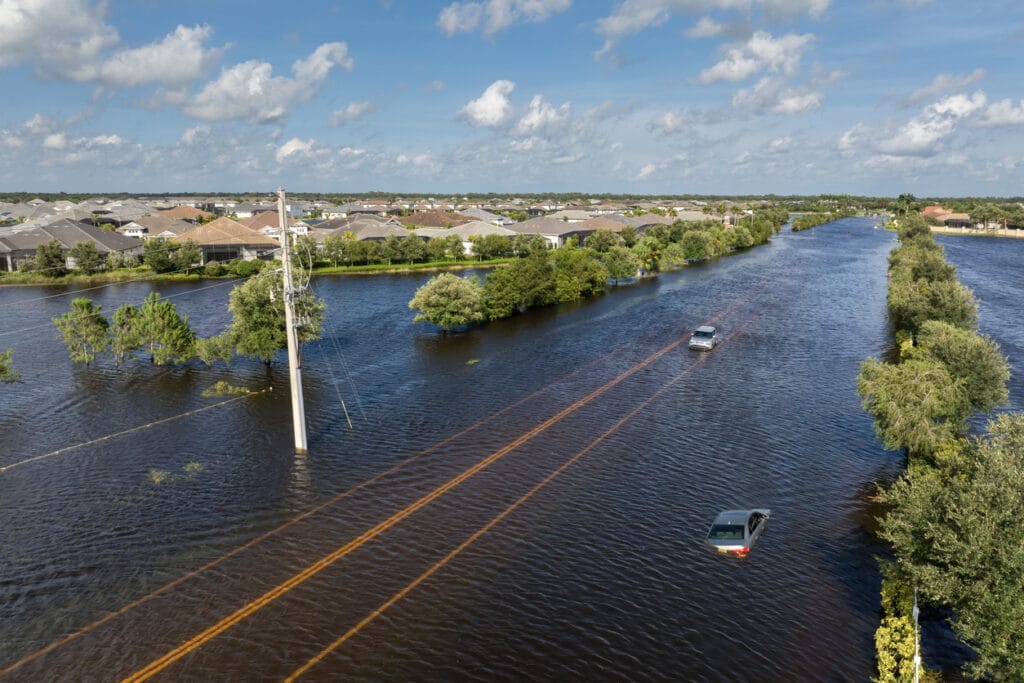FEMA retreat is opportunity for states and localities on disaster relief

Having lived on the Mississippi Gulf Coast, I know firsthand how critical it is to prepare as hurricane season approaches.
A new piece from Governing points out there they may be less help going forward from Washington and the Federal Emergency Management Agency (FEMA). Of course, a lot of that help often turns into a hinderance and the agency’s shortcomings often becomes an effective scapegoat for state and local lawmakers.
President Trump has signaled major structural changes to FEMA, including the possibility of its elimination and cuts to disaster aid. Supposedly we will know a lot more about FEMA’s future and potential reforms in November.
I’ve written recently in National Review about the need for states to take more ownership on disaster relief, which is something Gov. Ron DeSantis has proposed in Florida, where he highlighted the need for modest federal spending cuts on disaster relief tied to block grants, giving governors and state emergency responders much more control even if it means a little less money.
The Governing piece points out that thousands of FEMA employees have already departed, and critical funding for nonprofits and mitigation programs has been frozen or terminated. Some of this is tied to investigating if any funding went to illegal immigrants. At any rate, the uncertainty is forcing emergency managers nationwide to prepare for a decentralized future where federal assistance is no longer guaranteed.
It’s also a reminder on the importance of electing competent and forward thinking governors going forward to handle natural disasters. It goes without saying that governors who make good leaders, can innovate, and are good in a crisis will have the upper hand in protecting and delivering results for their residents.
Additionally, there are more and more non-profit and church based agencies that have become experts in disaster relief, something I’ve written about quite extensively.
Ultimately, the crux of the issue comes down to the final lines in the Governing piece, which boils down to some solid advice: states and localities should get out in front of potential disasters and do the hard work now to prepare.
— Ray Nothstine
— The Federalism Beat